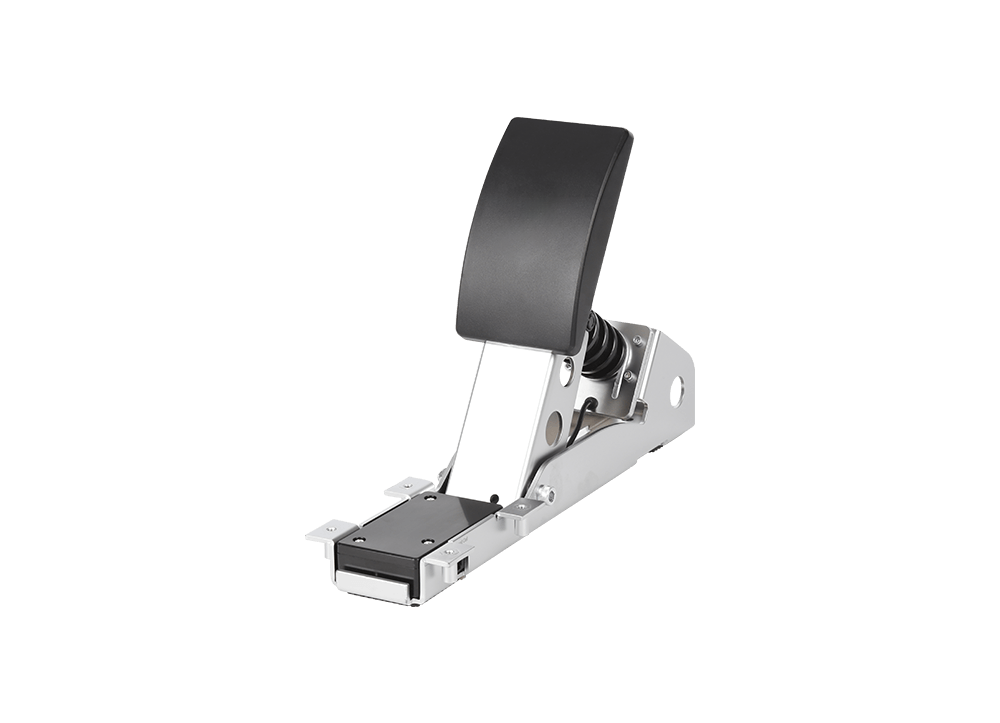Time:2022-11-16 Preview:
1. Thermal fatigue cracking damage
In the production process of metal die casting, the mold is repeatedly affected by cold shock and heat, which makes the forming surface and its interior deform, thus causing mutual involvement, causing repeated thermal stress, causing structural damage and toughness reduction, causing microcracks and continuous expansion. After crack propagation, molten metal is pushed into it, increasing repeated mechanical stress and accelerating crack propagation. Therefore, on the one hand, at the beginning of metal die-casting, the mold must be fully preheated. In addition, the metal die casting process must be kept within a certain operating temperature range to avoid early cracking failure. At the same time, we must ensure that the internal factors before and during the mold manufacturing process will not cause problems. In actual production, most of the die failures are thermal fatigue cracking failures.

2. Fracture failure
Under the effect of pressure, the mold will have cracks in vulnerable places, especially the stripes or electric machining marks that have not been polished on the forming surface, or the forming angle will have fine cracks. When there are brittle phases or coarse crystals, it is easy to break. The rapid propagation of cracks during brittle fracture is a very dangerous factor leading to die fracture failure. For this reason, on the one hand, all scratches and electrical machining marks on the mold surface must be polished, even in the gating system. In addition, the die materials used are required to have high strength, good plasticity, impact toughness and fracture toughness.
3. Mold corrosion failure
The commonly used metal die-casting alloys include zinc alloy, aluminum alloy, magnesium alloy and copper alloy, as well as pure aluminum metal die-casting. Zinc, aluminum and magnesium are metal elements with strong activity. They have good affinity with mold materials, especially aluminum, which is easy to bite the mold. The higher the hardness of the mold, the better the corrosion resistance. If there are soft spots on the formed surface, it is harmful to the corrosion resistance.
 Related News
Related News·Network switch processing knowledge points ·How to solve the stretching cracks of stainless steel flushing parts? ·Explain the benchmark selection for machining center positioning? ·CNC machining component surface processing method and factors to be considered ·What are the processing technology of precision parts? ·What are the causes of deformation and cracking in precision machining ·What are the regulations for processing of high precision parts ·Tool selection and use in machining centers ·Application and Characteristics of Aluminum Hardware Die Casting Products in Daily Life ·How to choose the products with good quality for metal die casting?


